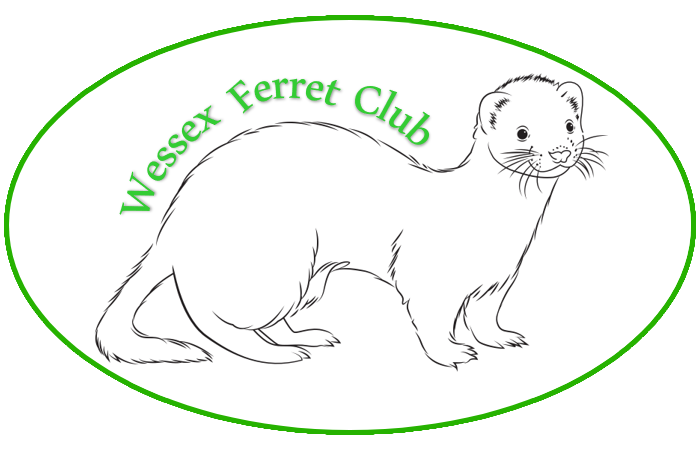Ferrets are “true” or obligate carnivores, that is they depend on the nutrients only found in animal flesh for their survival. While they may consume small amounts of plant material, they lack the physiology required for the efficient digestion of vegetable matter. The natural diet of their wild ancestors consisted of whole small prey—i.e., meat, organs, bones, skin, feathers, and fur.
Ferrets have short digestive systems and quick metabolism, so they need to eat frequently. Prepared dry foods consisting almost entirely of meat (including high-grade cat food, although specialized ferret food is increasingly available and preferable) provide the most nutritional value and are the most convenient, though some ferret owners feed pre-killed or live prey (such as mice and rabbits) to their ferrets to more closely mimic their natural diet. Ferret digestive tracts lack a cecum and the animal is largely unable to digest plant matter.
Before much was known about ferret physiology, many breeders and pet stores recommended food like fruit in the ferret diet, but it is now known that such foods are inappropriate, and may in fact have negative ramifications on ferret health.
Ferrets imprint on their food at around six months old. This can make introducing new foods to an older ferret a challenge, and even simply changing brands of kibble may meet with resistance from a ferret that has never eaten the food as a kit. It is therefore advisable to expose young ferrets to as many different types and flavors of appropriate food as possible.
Last modified: July 14, 2019
